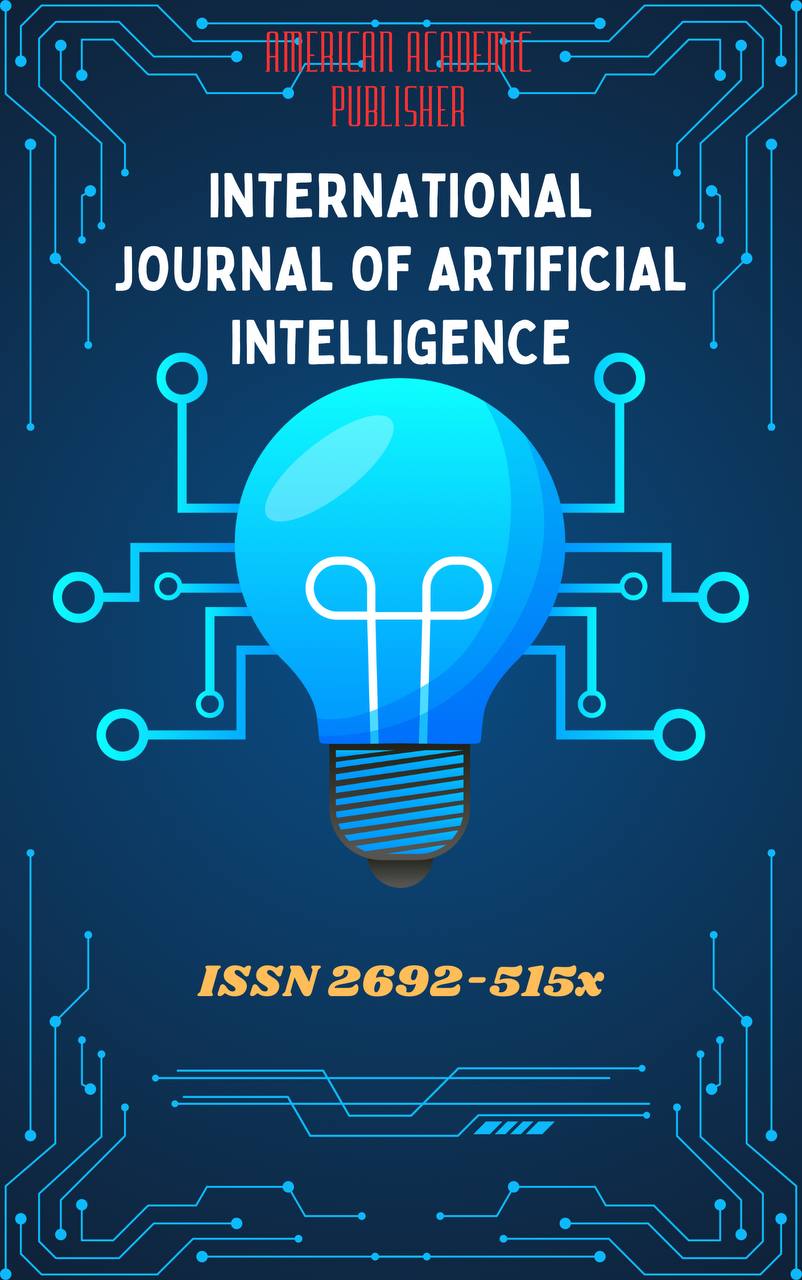 Articles
| Open Access |
Articles
| Open Access | PROBLEMS OF EQUIVALENCE IN THE TRANSLATION OF CULTURE-SPECIFIC WORDS
Kudratova Matluba Sodik kizi , Senior Lecturer, Department of Russian Language and Literature University of Economics and Pedagogy, Non-State Educational InstitutionAbstract
This article examines the problem of equivalence in the translation of culture-specific lexical units (realia) from Russian into Uzbek. Culture-specific words reflect the historical memory, everyday life, social structure, and worldview of a particular nation, and therefore often lack direct equivalents in other languages. The study analyzes theoretical approaches to cultural and linguistic equivalence (L.S. Barkhudarov, S. Vlakhov, S. Florin, E. Vereshchagin, V. Kostomarov) and identifies the main strategies used in the translation of realia, including transliteration, transcription, descriptive translation, analogical substitution, and commented translation. A comparative analysis of fragments from F.M. Dostoevsky’s Crime and Punishment and its Uzbek translation demonstrates how the translator negotiates national coloring, semantic accuracy, and stylistic expressiveness. The results show that transliteration accompanied by explanatory commentary most effectively preserves cultural specificity while maintaining communicative and aesthetic equivalence. The study concludes that the translation of realia requires not only linguistic competence, but also deep intercultural awareness, as well as sensitivity to the cultural and historical context of both the source and the target languages.
Keywords
culture-specific words; realia; translation equivalence; transliteration; descriptive translation; cultural adaptation; intercultural communication; F.M. Dostoevsky; Uzbek translation; national coloring.
References
Akhmanova, O. S. Slovar' lingvisticheskikh terminov [Dictionary of Linguistic Terms]. Moscow: Sovetskaya entsiklopediya, 1966. 608 p.
Barkhudarov, L. S. Yazyk i perevod [Language and Translation]. Moscow: Mezhdunarodnye otnosheniya, 1975. 240 p.
Vaisburd, M. L. Realii kak element stranovedeniya [Realia as an Element of Country Studies]. Ryazan, 1972. 156 p.
Wierzbicka, A. Yazyk. Kul'tura. Poznanie [Language. Culture. Cognition]. Moscow: Russkie slovari, 1996. 344 p.
Vereshchagin, E. M., & Kostomarov, V. G. Yazyk i kul'tura [Language and Culture]. Moscow: Russkiy yazyk, 1983. 269 p.
Vlahov, S., & Florin, S. Neperevodimoye v perevode [The Untranslatable in Translation]. Moscow: Prosveshchenie, 1986. 448 p.
Doniyorov, R. “Badiiy tarjimada milliy xususiyatlarni aks ettirish masalasiga doir” [On the Issue of Reflecting National Features in Literary Translation]. O‘zbek tili va adabiyoti masalalari, 1962, No. 3–5.
Salomov, G‘. Tarjima nazariyasi asoslari [Fundamentals of Translation Theory]. Tashkent: O‘qituvchi, 1983. 321 p.
Musaev, Q. Tarjima nazariyasi asoslari [Fundamentals of Translation Theory]. Tashkent: Fan, 2005. 150 p.
Sodiqov, Z. Qadimgi turkiy realiyalar tarjimasi [Translation of Ancient Turkic Realia]. Namangan: Vodiy Media, 2021. 156 p.
Yeger, G. Kommunikativnaya i funktsional'naya ekvivalentnost' [Communicative and Functional Equivalence]. Moscow, 1978. pp. 137–156.
Qurbonova, N. S. “Milliy xos so‘zlar yoki realiyalar va ularning tarjimada aks etishi” [National-Specific Words (Realia) and Their Representation in Translation]. Ekonomika i sotsium, No. 12(91)-1, 2021, p. 519.
Article Statistics
Downloads
Copyright License

This work is licensed under a Creative Commons Attribution 4.0 International License.

